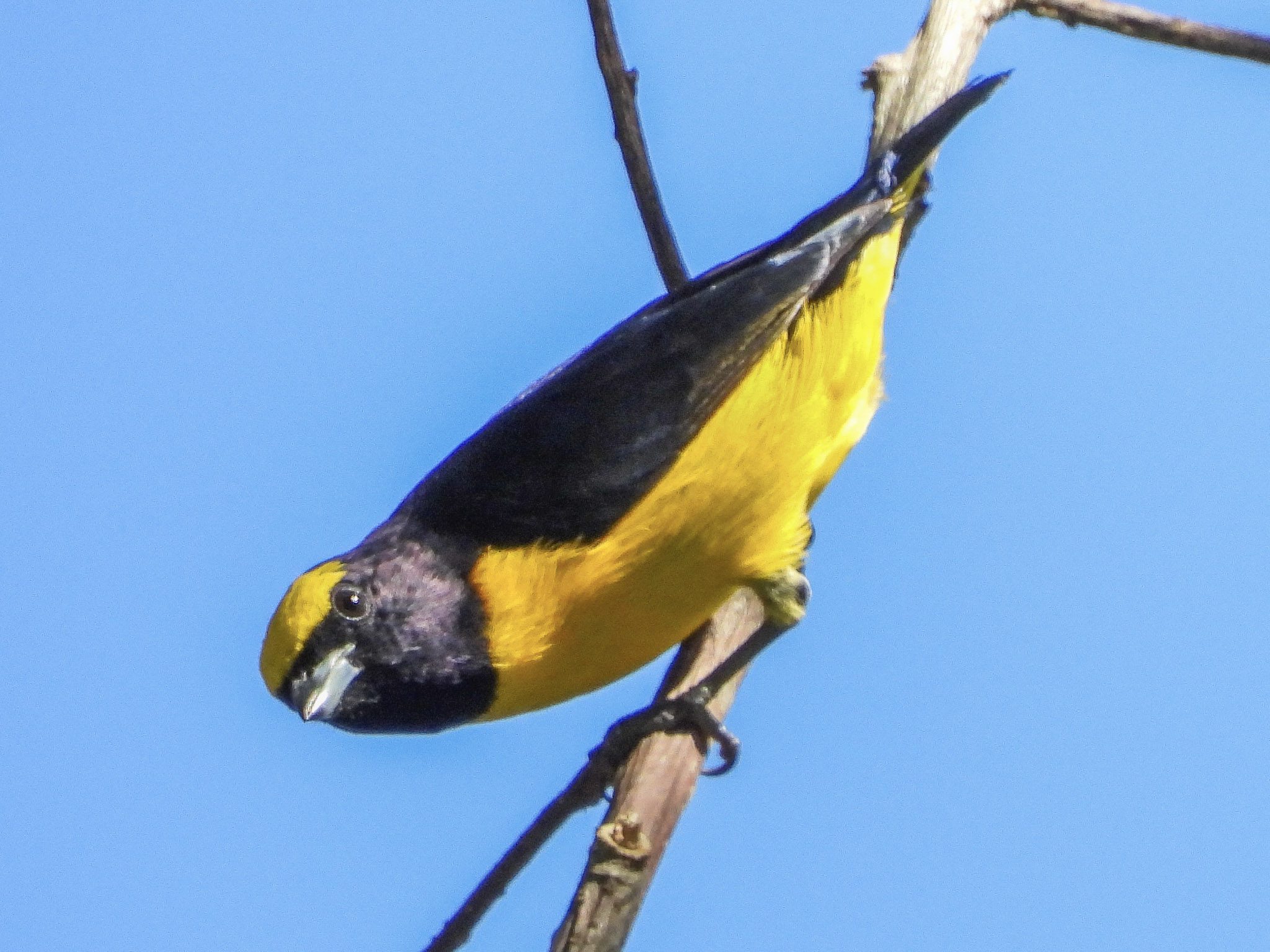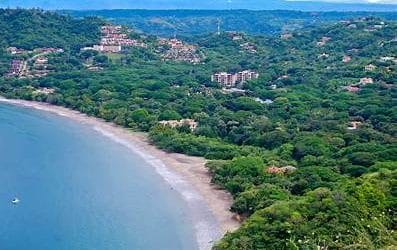If you come to Costa Rica, count on eventually becoming attracted to the beautiful birds here. With over 900 to see, it can become a serious hobby. As a photographer first, I developed my love for birds here. There is just one problem that irks me: I hate bird names!
The major reason for bird name confusion in the “New World” dates back to European immigrants, mostly British, who basically invented birdwatching. Each new bird discovered in the Americas was named for the way it appeared to these birdwatchers, with reference to familiar European birds. Then after quickly running out of these common names, they turned to obscure homonyms and multiple names to describe the same bird.
Take the tody-flycatcher, for example. What is tody? Where did that come from? “Tody,” if you look it up, is Middle English for small. So why not name this bird the small flycatcher? And Middle English?
What about the plumbeous kite and semi-plumbeous hawk? Plumbeous is Latin for grey. (The word “plumber” also originates with the grey color of lead water pipes from Roman times.) So why not just call it a gray hawk? Well, because that name was already taken by the so-called gray hawk species.
And don’t even get me started on the scarlet and hepatic tanagers! Both are red. Blood red tanager — seriously?
Finch imposters
My newest and favorite bird name pet peeve — in fact the real topic of this article — is the finch.
Most people from North America or Europe are familiar with the little birds that are finches. The Europeans, including Charles Darwin, started giving the name to little birds that looked like finches to them. The most famous are the “Darwin finches” he described as part of his Origin of Species.
We were recently lucky to travel to Cocos Island to see the Cocos finch, one of the Darwin finches. The male is a nondescript little black bird that does not really look like a finch, nor does it behave like a finch. It looks more like a sparrow, and feeds in a similar way to a really interesting bird in the upper elevations of Costa Rica — the slaty flowerpiercer. Thankfully, this bird is correctly named for its feeding habit of ripping open the bottom of flowers to feed on the nectar and insects.
There are other birds named finches here in Costa Rica. Among them are the large-footed finch (he actually has big feet) and the yellow-thighed finch (they actually have yellow-thighs).
There is one problem, however: none of these birds are real finches!
DNA studies have totally upended the bird world, and many birds are not what they seem. It turns out that the Cocos finch does belong in the same bird family as the slaty flowerpiercer, along with the large-footed and yellow-thighed finches. But they are tanagers, not finches. It turns out Darwin, and others, had been wrong in calling them finches.
Right bird, different name
So are there any real finches here in Costa Rica? Yes, there are! They are just not called finches. They are members of the euphonia family. Euphonia means “clear sound,” describing their calls.
The euphonia species in Costa Rica include some wonderfully beautiful and colorful birds. Many of them are a combination of blue and yellow, distinguished by the location and amount of blue or yellow on their heads and throats. Two totally spectacular examples are the elegant euphonia, found mostly on the Pacific side of the country, and the tawny-capped on the Caribbean side.
A second group of birds in the same finch family is called chlorophonia. The golden-browed chlorophonia is an amazingly beautiful little bird found in the upper elevations of Costa Rica; it is a wonder to see.
So, if you see something called a finch in Costa Rica, chances are it is not a finch. But if you come across any birds with a euphonia or chlorophonia name, they are finches.
Confused? That’s understandable, which is why I try to ignore some of the silly bird names. Just enjoy the beauty of these special birds and so many others you can see here in Costa Rica.Photos by Tom SchultzJTNDaWZyYW1lJTIwc3JjJTNEJTIyaHR0cHMlM0ElMkYlMkZ3d3cuamlnc2F3cGxhbmV0LmNvbSUyRiUzRnJjJTNEcGxheSUyNmFtcCUzQnBpZCUzRDIxYTMwZmIyNDk5ZiUyNmFtcCUzQnZpZXclM0RpZnJhbWUlMjIlMjBzdHlsZSUzRCUyMndpZHRoJTNBMTAwJTI1JTNCaGVpZ2h0JTNBNjAwcHglMjIlMjBmcmFtZWJvcmRlciUzRDAlMjBhbGxvd2Z1bGxzY3JlZW4lM0UlM0MlMkZpZnJhbWUlM0U=







